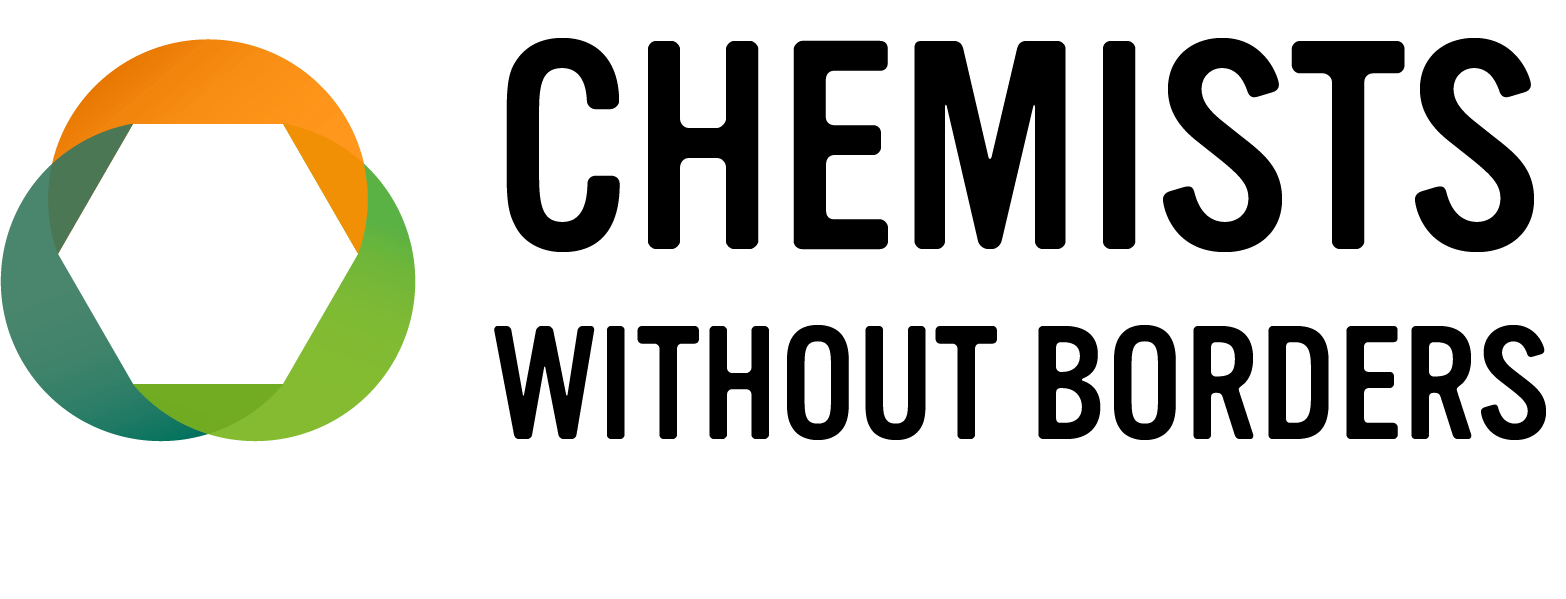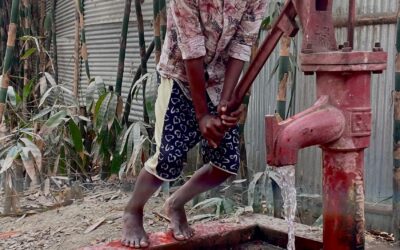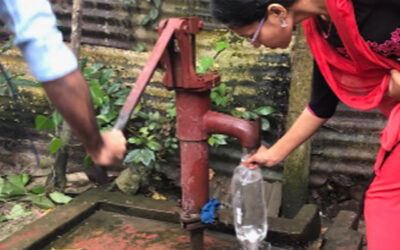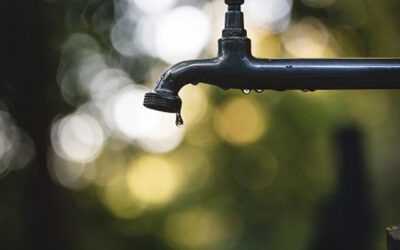Hygiene Education Program
Personal hygiene is one of the most powerful and cost-effective ways to stop the spread of diseases and prevent deaths, specifically in young children. A basic yet highly effective personal hygiene practice is washing hands with clean water and soap. Unfortunately, an estimated
4 billion people worldwide lack basic hygiene services due to inaccessible handwashing facilities with soap and water. At CWB, we apply a holistic approach for hygiene education programs by providing hygiene and health education through our school-based and community-based programs.
Pollution Prevention Program
According to the US Environmental Protection Agency (EPA) pollution prevention (P2) is any practice that reduces, eliminates, or prevents pollution at its source prior to recycling, treatment or disposal. Pollution prevention programs incorporate several components which include elimination or reduction of waste at the source, conservation and protection of natural resources, and recycling.
Pollution prevention programs save money by using the raw materials and resources more efficiently, improve the environment by protecting water resources and eliminating or reducing toxic waste discharge, and improve air quality by reducing toxic emissions.
At Chemists Without Borders, we have a strong pollution prevention education program designed for all age groups. Everyone can participate in this program to protect their communities and improve their environment.
Science Education Clearinghouses
Education is a humanitarian concern. On a trial basis, Chemists Without Borders, in collaboration with the non-profit Science is Elemental, will be launching pages within its website housing two clearinghouses for information regarding:
- The plethora of online and in-person resources available for science education enrichment including kits and other materials that can be ordered online.
- Upcoming decisions at the national, state, and district levels regarding science education in the public schools to be continuously updated.
Ongley-Myers Sierra Leone Chemical Education Project (OMSLCEP)
At Chemists Without Borders, we believe access to quality STEM education is a fundamental human right that enables individuals to develop critical thinking skills, fosters innovation, and empowers communities to address local and global challenges, ultimately contributing to the betterment of society.
By providing Sierra Leonean chemistry educators with a set of green laboratory experiments, accompanying micro laboratory kits, and evidence-based professional development to assist with implementing the labs. By equipping young Sierra Leoneans with knowledge and skills for social mobility and careers in science fields, the OMSLCEP aims to contribute to the country’s sustainable development and long-term economic growth.




